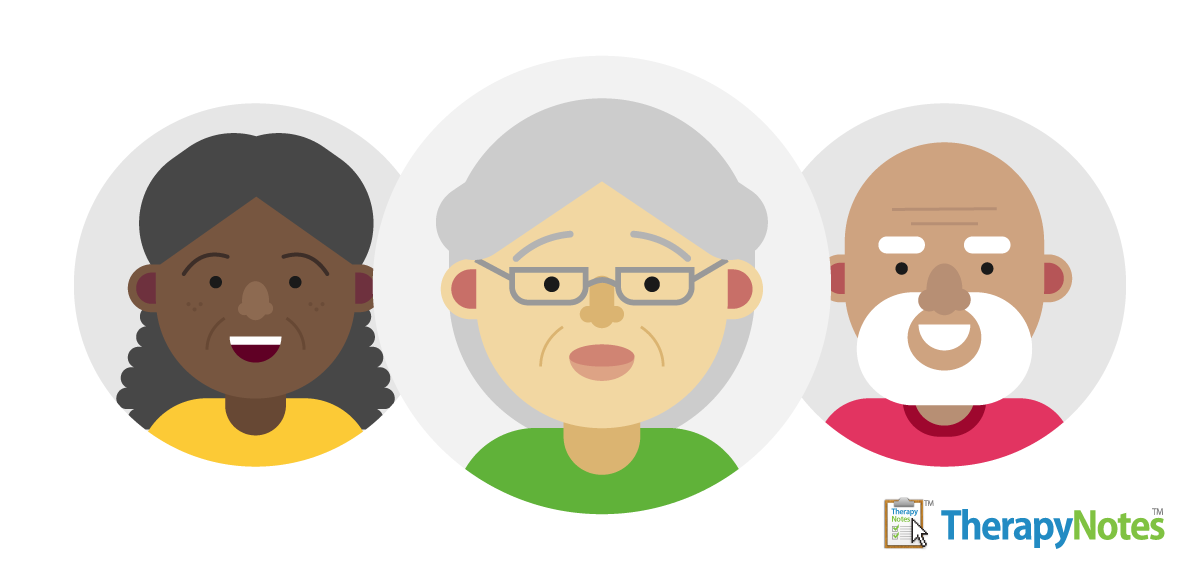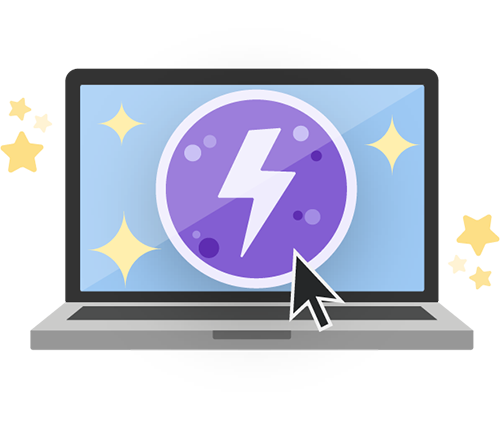Preparing for Baby Boomers: What to Know About Billing Medicare
By TherapyNotes, LLC on March 28, 2018


As one of the largest generations reaches retirement age, it's important to be prepared for an unprecedented influx of Medicare subscribers. From now until the 2030s, approximately 3 million baby boomers will reach retirement age each year, and between 2010 and 2030, the population of individuals over the age of 65 is expected to increase by 73 percent, leading to another "boom" of eligible Medicare recipients.
If you don't already bill to Medicare, be aware that Medicare billing can be significantly different than billing to commercial insurance. Here are several key things that you should be aware of:
Only certain providers are eligible to bill to Medicare
Medicare only credentials psychiatrists, psychologists, and licensed clinical social workers. In other words, if you're a counselor or marriage and family therapists, you're out of luck. If you aren't eligible to bill to Medicare, it's important to be aware if your clients will be switching their insurance. Plan ahead to ensure that you can provide continuity of care.
You must follow Medicare billing guidelines
For clients that are Medicare subscribers, you are legally obligated to follow Medicare billing guidelines. You can only charge Medicare subscribers the Medicare-allowed amount and are required to submit a claim; otherwise, you may be required to provide your client with a refund of the difference. Even if you elect to be a non-participating provider, you still must submit a claim to have your client reimbursed as well. Simply saying that you do not accept Medicare does not exempt you from these requirements if you are an eligible provider.
If you prefer not to follow these guidelines, you must formally opt out
If you are an eligible Medicare provider and do not want to be forced to follow Medicare billing guidelines, you must formally opt out of accepting Medicare, even if you aren't a participating provider. Unfortunately, there is no standard form to opt out. Instead, contact your local Medicare Administrative Contractor (MAC) to find the correct form to complete. Please note that if you practice in multiple jurisdictions, you must opt out in each jurisdiction separately.
Once you have formally opted out of accepting Medicare, you may charge Medicare beneficiaries your standard rate. You may check to see if you have already opted out at data.cms.gov.
If you want to accept Medicare, apply to become a participating provider
If you have not yet become a participating provider with Medicare, you may always choose to do so. Applying can take time - you need to complete an enrollment form as well as a direct deposit authorization, send in supporting documentation, and wait for approval. You can also use the Provider Enrollment, Chain and Ownership System (PECOS), an online enrollment and management portal to speed-up the process of applying to become a Medicare provider.
For great resources on successfully managing your Medicare relationship, check out the APA Practice Organization's Complete Guide to Medicare for Psychologists.
Sources: How Baby Boomers Will Affect the Health Care Industry in the U.S., Carrington College; Baby Boomers Will Transform Health Care as They Age, Hospitals and Health Networks Magazine; Your Medicare Coverage, Medicare.gov; Troubleshooting Medicare, American Psychiatric Association; Opting Out of Medicare and/or Electing to Order and Certify Items and Services to Medicare Beneficiaries, Medicare Learning Network; Tips to Facilitate the Medicare Enrollment Process, CMS.gov
* The content of this post is intended to serve as general advice and information. It is not to be taken as legal advice and may not account for all rules and regulations in every jurisdiction. For legal advice, please contact an attorney.
Get more content like this, delivered right to your inbox. Subscribe to our newsletter.
More Content You'll Enjoy
The Best Practice Fusion Alternative for Mental Health

Supercharge your Documentation with TherapyFuel!

